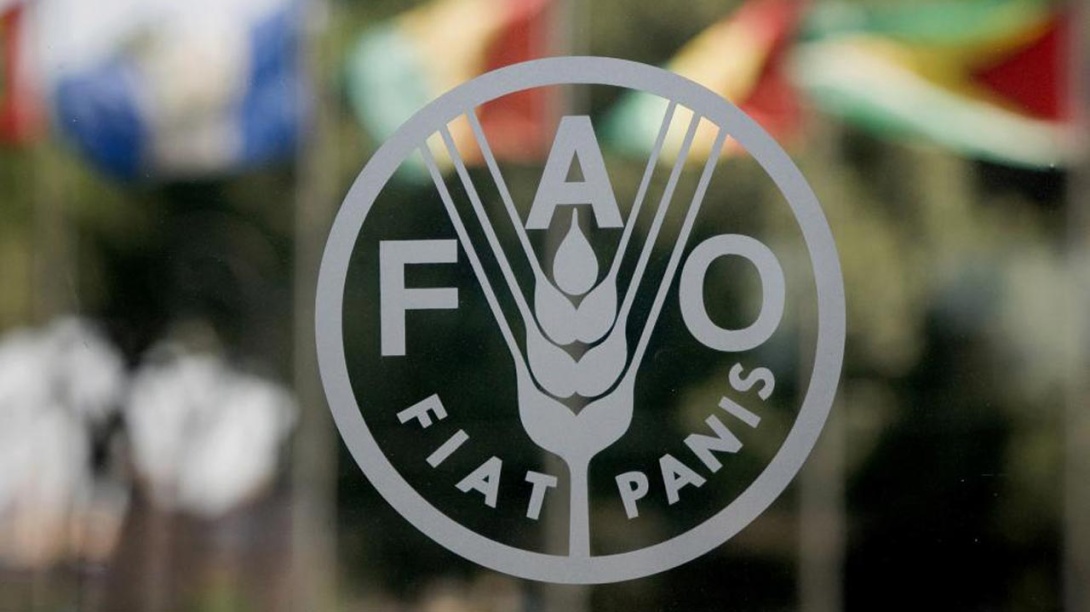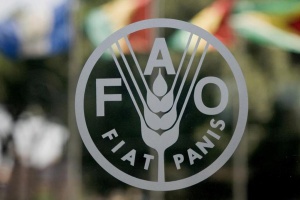Food price inflation continued to rise at high levels in most North African countries, but Libya was the only exception due to continued subsidies on consumer goods, according to the United Nations Food and Agriculture Organization (FAO).
In its quarterly report, released on Tuesday, FAO said that subsidies for consumer goods and other basic foodstuffs prevented a significant price rise during the last quarter of last year in Libya, compared to Tunisia, Egypt, Algeria, Morocco, and Mauritania.
The organization estimated the humanitarian needs in Libya during 2023 at about 300 thousand people, less than (4% of the population), compared to 800 thousand people (10% of the population) last year.
According to the organization's data, the total cereal production in North Africa for the year 2022 stood at 33 million tons; 10% less than the previous five years, while the wheat crop was the most affected, as it decreased to 16.6 million tons, 20% less than the average, according to FAO.
It also estimated that grain import needs in the region will reach 51 million tons in 2022-23, an increase of 2% from the average in order to compensate for the decline in production, while part of these imports will also go to state reserves, to better prepare for any future supply disruptions.




